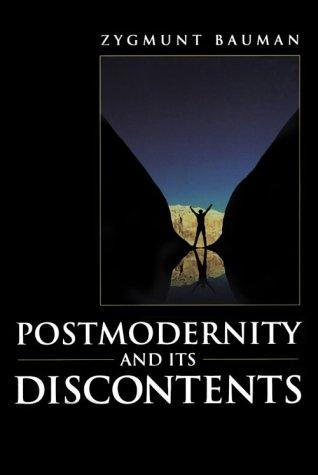[T]here seems to be an intimate kinship, a mutual conditioning and reciprocal reinforcement between the ‘globalization’ and ‘territorialization’. Global finance, trade and information industry depend for their liberty of movement and unconstrained freedom to pursue their ends on the political fragmentation of the world scene. They have all, one may say, developed vested interests in ‘weak states’ –that is, in such states as are weak but nevertheless remain states. Such states can easily be reduced to the (useful) role of local police stations, securing the modicum of order required for the conduct of business, but need not be feared as effective brakes on the global companies’ freedom. It is not difficult to see that the replacement of territorial ‘weak states’ by some sort of global legislative and policing powers would be detrimental to the extra-territorial companies’ interests. And so it is easy to suspect that far from being at war with each other, political ‘tribalization’ and economic ‘globalization’ are close allies and fellow conspirators. What they conspire against are the chances of justice being done and being seen to be done; but also the chances that neighbourhood responsibilities swell, stretch and eventually grow into the consistent care for global justice – and result in a politics effectively guided by ethical principles.

